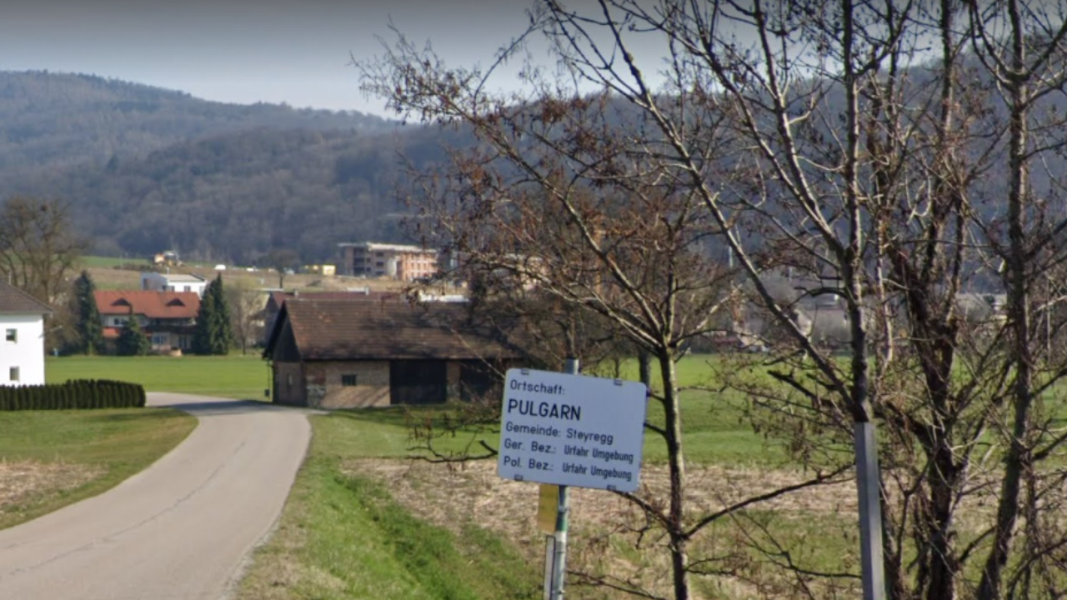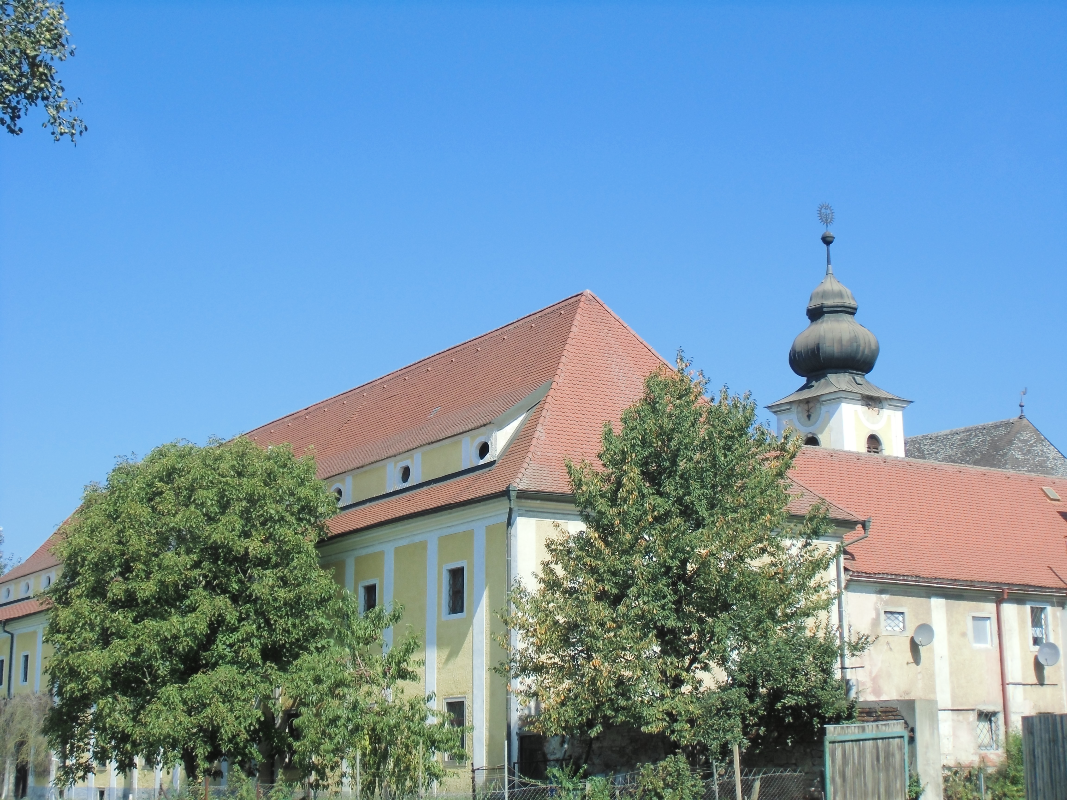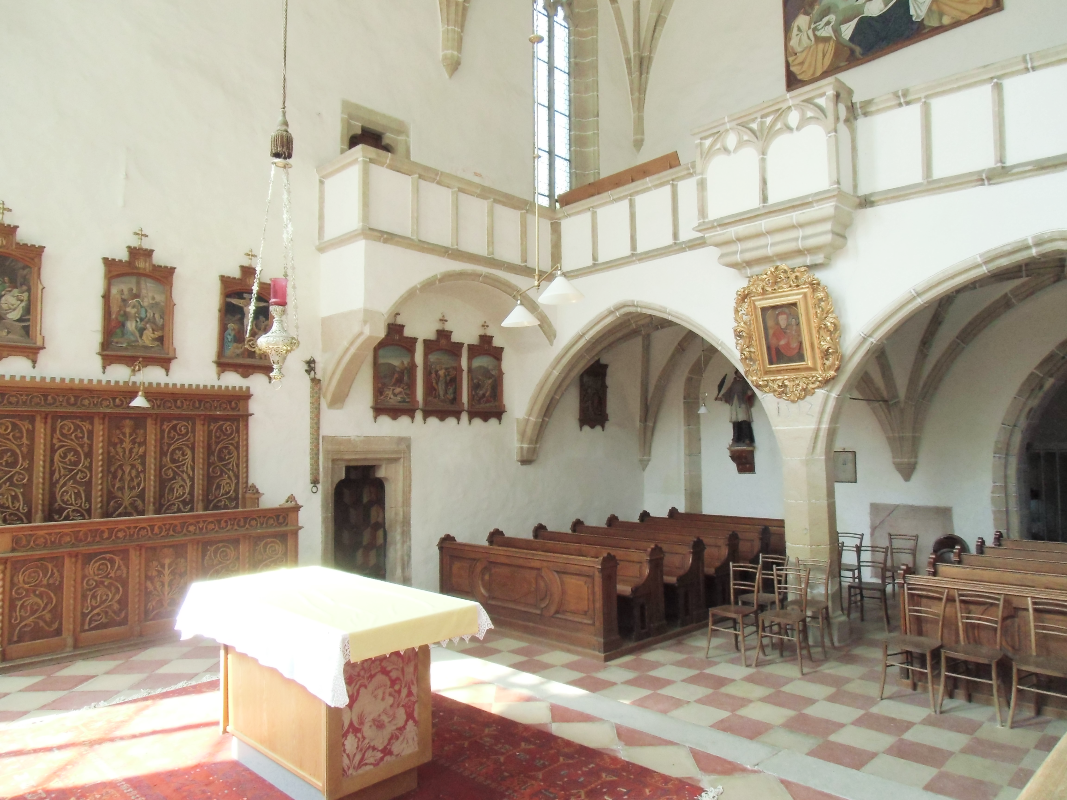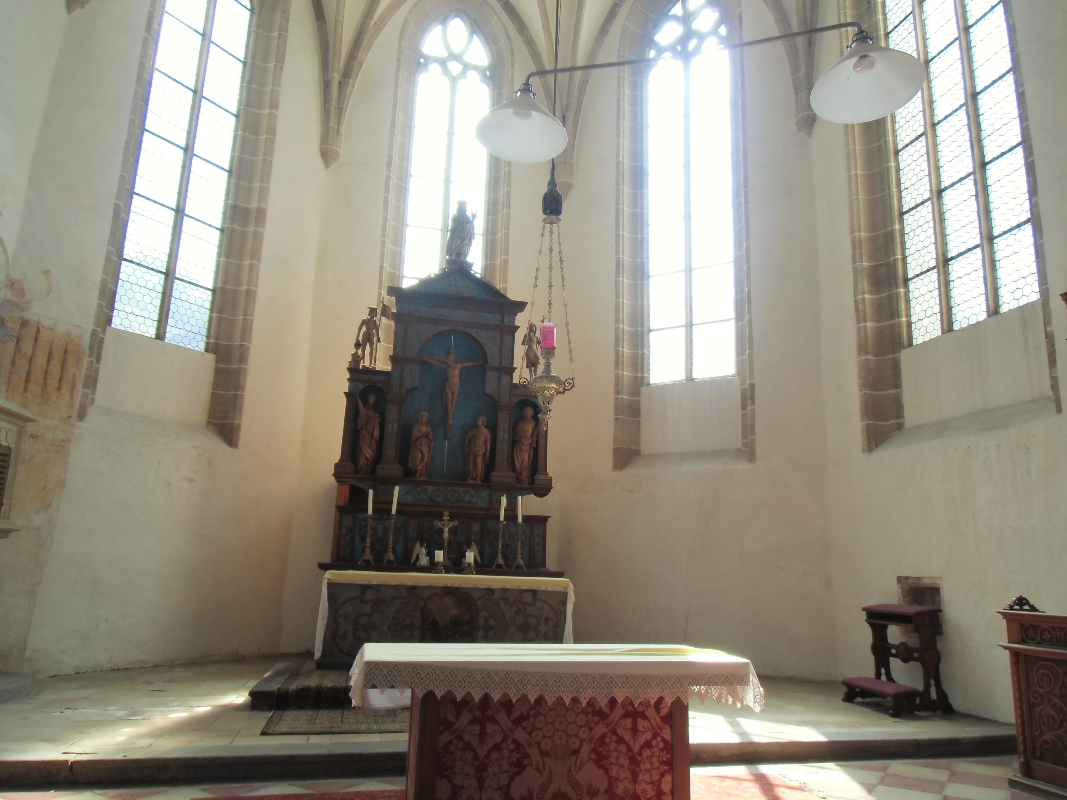In the 20th century, the Italian researcher Dr. Vincenzo d'Amico wrote that there were over 700 settlements in Italy founded by Proto-Bulgarians. His writings are today preserved in the National Library "St. Cyril and Methodius" in Sofia.
The reason the Proto-Bulgarians settled in these lands in the early 7th century was that they were fleeing the Avar Khaganate after a dynastic dispute. Around 9,000 people headed for Bavaria, where many of them were massacred by order of Dagobert, King of all the Franks. Their bones are believed to be preserved in the monastery of Sankt Florian, which is 10 km from Linz. Led by Khan Alzek, most of the fleeing Bulgarians managed to cross the lands of the Alpine Slavs, ancestors of today's Slovenes, and found refuge in northern Italy, where the Langobards later settled in today's Benevento region.
However, there were two other groups of Bulgarians which remained in Bavaria. One settled in Salzburg, the other not far from today's Linz. It is their less known history that we will introduce you to with the help of our interlocutor Dimitar Dunkov. He was one of the first teachers in the Bulgarian Sunday school "Orpheus" in Linz. An elderly Austrian who attended the Bulgarian language course for foreigners, led by Dunkov, drew the teacher's attention to the Bulgarian presence in these lands over the centuries. He told Dunkov that 6 km from Linz there was a settlement called Pulgarn, believed to have been founded by Bulgarians. After doing research at the regional museum and library in Linz, Dimitar Dunkov told the story in a series of publications that appeared more than 10 years ago in the Bulgarians in Austria magazine.
"In the mid-seventh century the population around Linz was a mixture of Teutons and Slavs. It was these local people who called the settlement of the newcomers Bulgarn - explains Dimitar Dunkov - The name derives from the Bavarian name of the Bulgarians - Bulgara.
The Bulgarians who settled in Salzburg became Christianized. Some of them became monks in the monasteries near the town. Monks from the Salzburg monastery "Sankt Peter" were sent to Pulgarn to found a monastery in an area bordering the Avar Khaganate. It is reasonable to assume that these monks were descendants of the Alcek Bulgars and have preserved this in their memory. The monastery they established was also called Bulgarn - the Bulgarian monastery."
Mr Dunkov's research led him to the person who first mentioned the name of the settlement and the monastery near it.
"The earliest mention of the village and monastery was made by the Bishop of Passau in Bavaria in 1111. In the almost four centuries that had passed by then, its inhabitants had already been Germanized and Christianized. The settlement and the monastery, as well as the later built infirmary, flourished in the 13th and 14th centuries. In 1303, the Viennese Order of the Holy Spirit took over the patronage of the monastery, the settlement and the infirmary. In 1328, a women's convent was also founded, forming an entire monastery complex. In 1342, the monastery and convent complex became autonomous, but in the following centuries their fortunes changed for the worse. In 1609, King Matthias Corvinus of Hungary handed over the monastery to the Jesuit order in Linz and it was recatholized."
The settlement of Pulgarn is located at the foot of the Bohemian Forest and about a kilometre from the Danube, in the direction of Bohemia. It is a cosy and quiet settlement that is one of the most popular residential areas in the suburbs of Linz.
Until recently the monastery was used for church services and concerts with church music, but in the last five years the whole complex has been converted into a hotel with a conference centre. The altar and the sacred vessels, however, have been preserved and are housed in the Regional Museum in Linz, adds Dimitar Dunkov.
Translated and posted by Elizabeth Radkova
Photos: Archive, Dimitar Dunkov
The book "Icons from the National Church Historical and Archaeological Museum" - a huge work of over 500 pages, with more than 700 published photographs and accompanying scientific articles, was officially presented a few days ago. The unique..
A humble military chaplain made his first contact with Bulgaria in 1921, arriving with the mission of searching for Italian soldiers who had disappeared without a trace during World War I. However, he did not remain indifferent to the fate of this small..
Beloslav is a small town on one of the branches of Varna Lake. Yet it is here, in this quiet little town, that the only preserved Bulgarian submarine – Slava – is anchored . It was decommissioned a long time ago, and has now been turned in one of..

+359 2 9336 661
